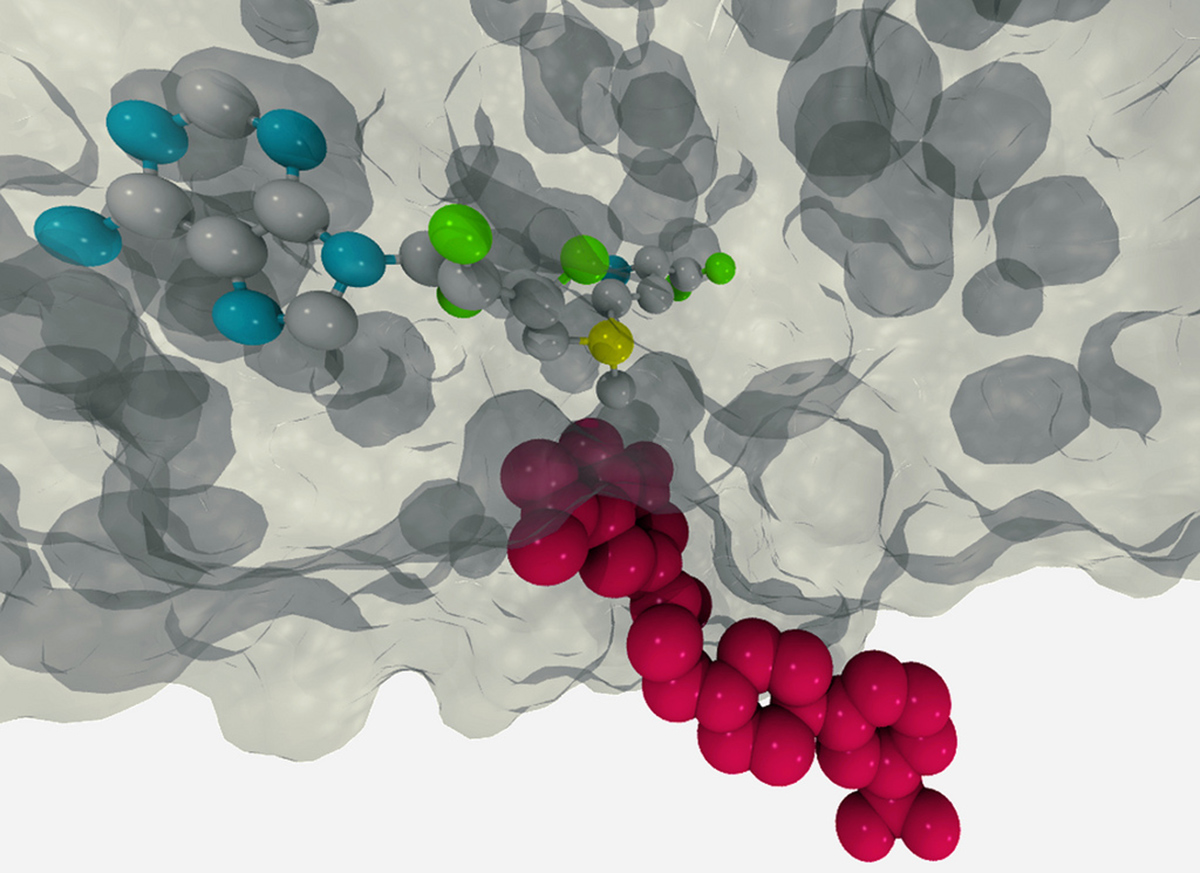Table of Contents
PD is not an easy disease to detect, treat and handle, both by the specialist and the patient. However, researchers have made very impressive advances in the detection of the disease, as well as in elucidating the mechanisms that could be driving dopaminergic neurons to degenerate and cause the symptomatology seen in this neurodegenerative problem. One of these advances is certainly the detection of the defective gene and prevention therapies for people carrying this defect.

Genetics And Prevention
When a familial history of Parkinson's Disease is present, the genetic diagnosis is crucial for a proper genetic counseling, follow-up, prognosis and diagnosis in their relatives. Unfortunately, it is only available to detect the cause in a few cases due the rarity of the cases and known genetic causes. However, modern techniques have been developed and more genetic causes have been and will be revealed.
Vitamin E has also been linked to dopaminergic neurons protection, acting as either a neuro-protector or by delaying the symptoms. Deficit of vitamin D has also been associated with progression of the disease and its supplementation seems to improve the symptoms in some clinical trials. Their actual protective effect remains to be further proved and elucidated.
Current Treatment And Future Research
Since the lack of dopamine is the prominent feature, it can be substituted by a synthetic chemical called levodopa, in order to restore the deficit. However, despite improving symptomatology at the beginning, at a long term the treatment is not effective. Besides this, chronic exposure to levodopa leads to toxicity and worsening of the symptoms.
Since Parkinson's Disease is a progressive disorder in which the neuronal loss cannot be restored, current treatments are not effective, so research is focused in developing a better treatment that can diminish the neuronal death and restore their function.
New treatments designed to improve and/or restore the function have been developed.
Follow-up of these patients showed an improvement in motor functions, which reflected in a better quality of life, when compared to patients taking the pharmacological treatment. However, long term assessment is needed to clarify the true benefits of this therapy for the majority of the patients.
Gene therapy has been greatly explored and designed. This will provide a stable and better treatment without detrimental secondary effects. The challenge is to design an effective delivery method within the brain without causing damage. So far, a very small number of agents have been tested thus, larger trials should be designed and tested for unknown risks associated to the treatment and its delivery.
Nowadays, new exciting insights in mechanisms leading to neuronal cell death and damage have been studied. Here, hopes of a novel and better therapeutic approach is exciting. However, the existing gap between bench scientist and clinicians affects the development of an effective therapy when tested in clinical trials in patients with Parkinson´s Disease.
See Also: An Ayurvedic Alternative To L-dopa For Some Parkinson's Patients
Parkinson's Disease remains a great challenge for science, where better understanding of the mechanisms of neurodegeneration is crucial, so that better treatment and counselling can be provided to patients suffering from it.
- Photo courtesy of OakleyOriginals by Flickr: www.flickr.com/photos/oakleyoriginals/7944244598
- Photo courtesy of Enzymlogic by Flickr: www.flickr.com/photos/101755654@N08/11877025676

